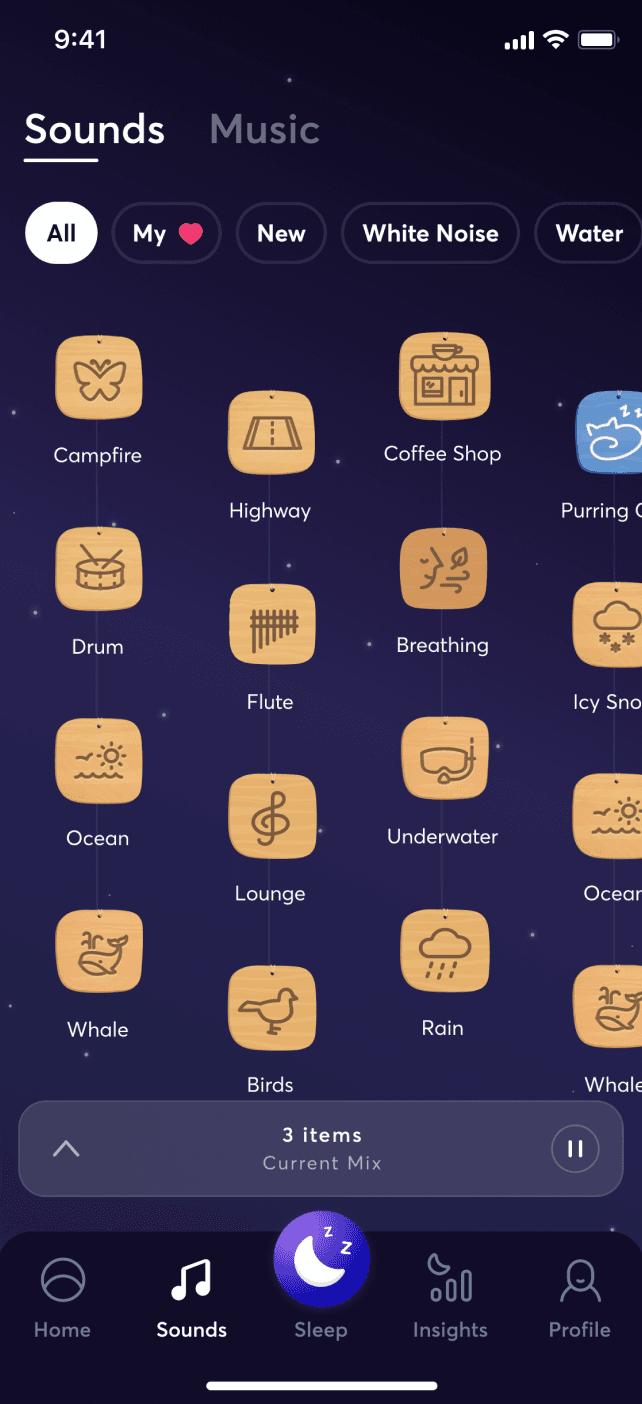
Break Free: Stop Overthinking & Start Sleeping
A cow’s stomach has four compartments, each of which serves a different purpose in digesting food. For this reason, cows are known as ruminant animals.
When people have a hard time digesting difficult situations, they frequently worry and “ruminate” on their thoughts. They replay negative past events over and over again, or anticipate precarious situations.
Rumination. Worry. Insomnia. Repeat.
Rumination and worry can, at times, help a person see things from different points of view, or think carefully about the future. More often than not, however, thought rumination ends up making things worse.
Repetitive thinking can take the form of chronic worrying about the future, which is when a person goes over a series of hypothetical ‘what if’ questions in which they catastrophize possible outcomes – “What if I fail my exam?...What if I then can’t graduate?...What if I never find a job and become homeless?!” Such thinking can also take the form of dwelling on the past with hypothetical ‘if only’ statements about what could have been done differently.
Common ruminations and worries can include feelings related to regrets, perceptions of being rejected and criticized by others, negative work experiences, relationship problems and break-ups, or nervous anticipation of future sleep loss. These negative thoughts and emotions lead to mental and physical arousal (arousal is the scientific term for a physiological response to stress).
Too much arousal at bedtime makes it difficult to fall asleep and stay asleep. Unfortunately, poor and insufficient sleep can increase negative thinking and negative emotions, which in turn further increases arousal. This is how a vicious cycle between rumination/worry and sleep disturbances is created and perpetuated.


How to Break the Rumination–Worry–Insomnia Cycle
Build strong sleep pressure. Intense sleepiness at bedtime is the best way to fall asleep fast and bypass ruminations and worries. This can be accomplished through building a “high pressure” for sleep. Do this by delaying your bedtime for several consecutive nights, and go to bed only when you are extremely sleepy. This will ensure you fall asleep so fast that your mind will not have the opportunity to ruminate or worry.
Do not bring worries and rumination to bed with you. Choose a 30-minute “worry period” to add to your schedule. Notice your daily worrying and learn to catch it before it starts. When you notice a worry beginning, postpone it to your “worry period”. Tell yourself that you will have time to worry about it later and redirect your attention to the here & now. When you get to your “worry period”, worry as much as you like!
Use this designated time to distinguish between worries over which you have little or no control, and worries about problems that you can change. If you can change the problem, try to find a solution and take action. If the worry you’re feeling is beyond your control, recognize that little or nothing can be done and that you are only making yourself feel bad by worrying.
Replace worrying and rumination in bed with an incompatible behavior. For example, take time to relax, sing a song in your head, or practice mindfulness meditation. Any of these behaviors will take you out of the worry-rumination cycle and force you to shift your focus to the present moment.
Be in the moment. Get away from the past (rumination) and future (worry) by focusing on the present. Accept whatever is happening in right now and allow it to come and go without interference. This includes the mental and physical feelings that emerge when you experience symptoms of insomnia. Practice acceptance when these symptoms arise.
Be compassionate towards yourself. Replace your internal critical commentary with acceptance of yourself and your choices. Quieting the mind will improve your sleep. Improved sleep will help calm your mind, which will further improve your rest. Establish a new positive cycle that will perpetuate itself until the cows come home.
Author Bio
Reut Gruber is a scientist, psychologist and sleep expert. She is an associate professor in the department of psychiatry at McGill University and director of the Attention, Behaviour and Sleep lab at the Douglas Mental Health University Institute; Diplomate of the American Academy of Cognitive Therapy (ACT) USA; Licensed Psychologist, l’Ordre des Psychologues du Québec (OPQ), QC, Canada






















